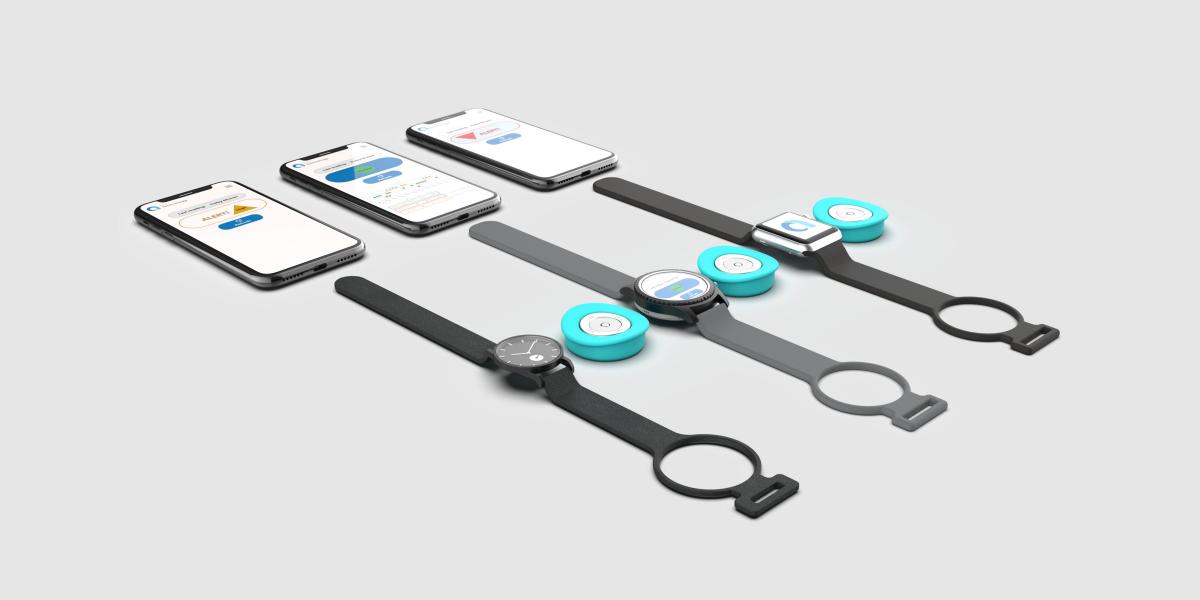Diabetes management could be revolutionised as a new non-invasive glucose monitor is set to hit the market.
Developed by the company Afon, the Afon Blood Glucose Sensor promises to offer a pain-free alternative to the traditional method of monitoring blood glucose levels.
Typical blood glucose testing involves pricking the fingertips with lancets to retrieve blood samples which is a painful and invasive process. Millions of people with diabetes have to endure conducting fingerprick tests multiple times a day.
According to a recent Twitter post by Afon, the Afon Blood Glucose Sensor is a wearable device that will be available on the market in early 2024.
The Afon Blood Glucose Sensor uses high-frequency microwaves to monitor blood glucose levels and send the data to a companion app on a smartwatch or smartphone.
It is completely non-invasive and eliminates the need for needles or lancets, making it a much more desirable option for those managing diabetes.
The company, which is based in Wales, has stated that safety and accuracy are their top priorities, and the extra time will allow for further planned trials to ensure the device is ready for commercial use.
➡️ Imagine not being restricted by your finger stick blood glucose monitor.
➡️ Imagine having a device automatically alerting you when your blood sugar levels are going high or low and all that without taking a single drop of blood.
Watch this space!
RCD No: 008213961-0001 pic.twitter.com/h0LBYFmRPI
— Afon Technology LTD (@AfonLtd) February 9, 2023
Afon has also received a significant boost in funding of €2.4 million award from the European Innovation Council to continue its progress in developing a commercial version of its non-invasive glucose monitor.
It is hoped the Afon Blood Glucose Sensor will be a game-changer in the world of diabetes management and offer a safe and accurate way to monitor blood glucose levels without the need for painful finger-pricking.
While there is fierce competition in the market of non-invasive glucose monitoring devices, Afon is confident that its product will stand out from the rest, as it utilises high-frequency microwaves, a technology not used in this application before.
The company has not yet revealed the pricing of the device, but it is expected that more information will be unveiled throughout the year.




